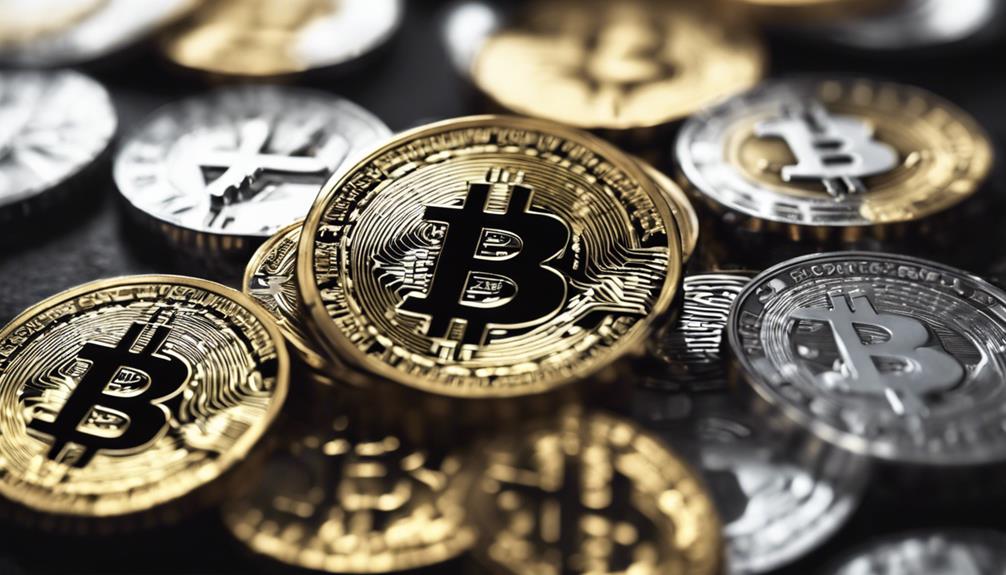You've likely noticed how several companies are following MicroStrategy's lead by adding Bitcoin to their treasuries. This trend isn't just about keeping up; it's a strategic move to boost share values and hedge against inflation. As more firms, like Tesla and Square, embrace this approach, they're reshaping financial landscapes. But what does this mean for the future of corporate finance and investor behavior? The implications could be far-reaching.

As MicroStrategy boldly embraced Bitcoin in 2020, it marked a significant pivot from traditional treasury strategies that many companies still cling to. By investing heavily in Bitcoin, MicroStrategy not only disrupted its own financial model but also set a precedent that others are now eager to follow. With over 279,420 BTC in its coffers, the company has leveraged various financial instruments, including convertible senior notes and equity issuances, to fund its rapid accumulation of Bitcoin. This innovative approach has made MicroStrategy a beacon of financial engineering, showing how companies can adapt to the evolving economic landscape. Additionally, the rise of new Bitcoin holders has contributed to a bullish market sentiment, further validating the strategic move towards Bitcoin.
You might be surprised to learn how MicroStrategy's stock performance mirrors Bitcoin's price movements. Since adopting Bitcoin, the company's shares have skyrocketed more than 2,700%, demonstrating that investors are keen to associate their fortunes with the crypto asset. This correlation has attracted institutional investors looking for indirect exposure to Bitcoin, while also appealing to retail traders seeking to benefit from the cryptocurrency's volatility through traditional markets. MicroStrategy has become a proxy for Bitcoin, and as such, its market valuation is significantly influenced by the performance of the cryptocurrency.
It's not just MicroStrategy paving the way; several companies are now mirroring its tactics. Industry giants like Tesla and Square are considering Bitcoin as a legitimate treasury asset. This trend isn't merely about following a fad; it's about diversifying portfolios and using Bitcoin as a hedge against inflation and currency devaluation. With Bitcoin's limited supply and decentralized nature, it presents a compelling case for long-term value preservation, which aligns with the strategic interests of many firms. MicroStrategy adopted bitcoin as primary treasury reserve asset signifies a major shift in how corporations view and manage their financial resources.
However, the path isn't without challenges. Companies adopting Bitcoin face regulatory uncertainties and security complexities that necessitate careful navigation. The landscape is evolving rapidly, and while the momentum for Bitcoin adoption as a treasury asset grows, it's essential to remain aware of the potential pitfalls.









